Hello and welcome to The Long Wave. This week, Guardian Documentaries has released a short film about the life and legacy of the Black Panthers with a focus on the group’s children. It was released alongside a Long Read by Ed Pilkington in the US on the wider group. I spoke to one of those cubs in the film, Ericka Abram, about her childhood within the activist community in the 1970s, and how her life was shaped by the experience. But first, the weekly roundup.
‘I lived in a protected Panther bubble’

The first thing I notice about Ericka is that she is deliberate in her articulation and her responses are meticulously considered. She is also warm and quick-witted, with a flair for a killer line. She will not argue with people online about Donald Trump, she says, because it’s a waste of time to engage with a “bot, a baby or a bigot”.
Ericka is the daughter of Elaine Brown, a former chair of the Black Panther party, and Raymond Hewitt, one of its leaders. She spent her early years in Oakland, California, and the Black Panther party she grew up in was not only a political organisation, but also a social one. The cubs lived in dormitories and had their own school. At weekends, they could return to a home where adult members of the party lived together and played an equal role in their care – “comrade moms” is how she describes the women she lived with.
Ericka had no idea her childhood was anything out of the ordinary. Even though reporters showed up at their schools, and she had seen her mother and Huey Newton, the co-founder of the Black Panthers, on television, she did not have a sense of how outsiders perceived the party. I ask her if she was aware of the risks involved for her family and the wider network. “It just felt like family,” she says. Despite this, she shares a chilling story about her mother’s bodyguard stopping a seven-year-old Ericka from opening the door of their house and rebuking her, because he was the first person who should walk out, in case someone shoots.
The full picture did not start to become clear until she was in high school, years after her mother left the party and took Ericka with her. She recalls someone once telling her: “Your mother is the only woman in US history to lead a paramilitary organisation.” Ericka says it was “strange” to hear her mum being described like that.
She recalls a community that was deeply activist but also, perhaps counterintuitively, apolitical. Ericka tells me it often shocks people that she not only had no insights on the internal politics of the Black Panthers, but she had almost no idea what the party actually was. “The Black Panther party and the reasons it existed were unknown to me. [This is] because I wasn’t suffering racism or sexism; I lived in a protected Panther bubble.” The group participated in boycotts with farmworkers, who successfully secured better working conditions and union rights, and Ericka “hated” that party members couldn’t eat grapes and things she thought were delicious. But the boycotts were explained to her in such a way that she grasped that there were overlords who needed to be forced to play fair. She says from an early age she understood capitalism as synonymous with greed.

Leaving that bubble was a sharp adjustment. When Ericka was eight her mother left the party and moved to Los Angeles, and the experience of attending a non-Black Panther school for the first time was full of conflict. “I had fights frequently – arguments with my teachers – most of it was about injustice. One teacher put me out of class because I said Australia was founded by prisoners and bigots or something like that. I was in seventh grade.” Another time she was ejected from class for sitting quietly during the pledge of allegiance. “I might not have understood the values that were raising me, but as soon as I was removed from them I needed them most,” she says.
I ask how she adjusted to living in the mainstream. Her answer is unequivocal: “There was no place for me in American society.” That might have led to her finding refuge in drugs, says Ericka, who started using cocaine when she was 15. “I was trying to medicate a pain I didn’t understand. And living a life I hadn’t any intention of living.” As a child, she had assumed she would one day become a Black Panther. When that life did not come to pass, a profound sense of effacement took hold. “I developed this idea that unless I die for the people, my life was worthless,” she says. Growing up in an organisation with such a clear purpose raised the hurdle so high that one may as well not try to scale it. That’s what comes “from being raised by people who knew what they were willing to die for”, she says.
I suggest that she is describing a sort of nihilism and erasure. Well, yes, is her answer. Ericka has always believed that individuals do not matter. “We were raised to believe we were precious – but we were precious for a purpose. I went to school with a kid called Bullet. I mean, there’s no pressure there.” Ericka says at times she felt she did not live up to expectations. As a teenager “I felt I had failed my mother,” she admits casually. I stop her. Why? “Because when we left [the Black Panther party] there was nothing to protect us from America. I thought I could protect her but I didn’t understand what that meant.”
after newsletter promotion
With such a legacy, I wonder if she harbours any resentment towards her mother, or indeed that generation of Black Panther parents, for not preparing their children for life outside the party? “No,” she says, before I finish the question. “I didn’t feel resentment. But I remember I was about to start my sophomore year when Huey Newton was killed. I felt so alone. And I realised that I wasn’t mourning his death but that, even at the age of 19, some part of me thought that as long as he was alive, someone would still come and tell me what to do.” As she holds back tears, there is such plaintiveness and loss in her voice. For a moment, she is again that 19-year-old faced with figuring life out on her own.
And it feels as if she has. Ericka’s sense of failure has been replaced by an understanding that what the Black Panthers signed up to was something exceptional. She refuses to call herself a cub, because a cub grows up to be a Panther. And she is not that. “They really did promise their lives to an ideal,” she says.
The values she grew up with are serving her well during a tumultuous time in US political history. “I know that I see the world in a unique way,” Ericka says when I ask how the Black Panthers shaped her life. She understands now that the difference between “activists and revolutionaries is what you are willing to risk” – and that without solidarity, nothing can be achieved. The Black Panthers were not just seeking racial equality but interconnection between all who are suffering the depredations of state and capital. There is in Ericka a clear understanding that what it takes to stabilise politics in a country roiled by a second Trump administration is a combination of empathy but also resolve – action guided by love.
The Black Panther Cubs: When the Revolution Doesn’t Come is out now. For more on this story read Ed Pilkington’s in-depth essay, here. And for an exclusive behind-the-scenes look at the Guardian’s latest films as they release, sign up here to the Guardian Documentaries newsletter.
To receive the complete version of The Long Wave in your inbox every Wednesday, please subscribe here.

 German (DE)
German (DE)  English (US)
English (US)  Spanish (ES)
Spanish (ES)  French (FR)
French (FR)  Hindi (IN)
Hindi (IN)  Italian (IT)
Italian (IT)  Russian (RU)
Russian (RU)  3 days ago
3 days ago
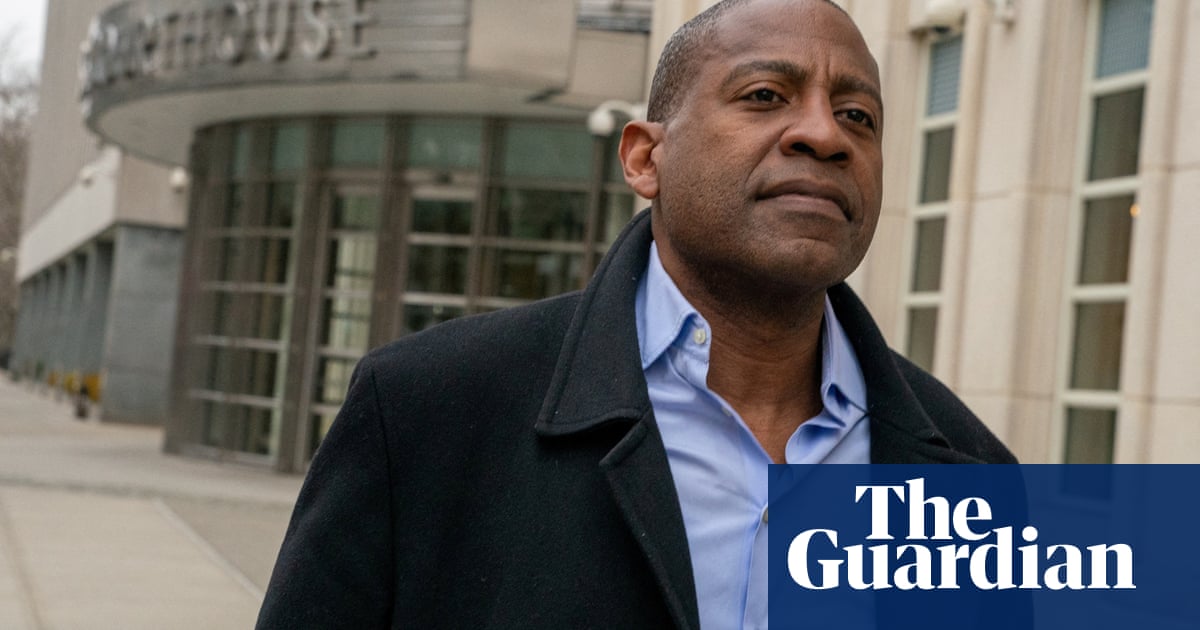



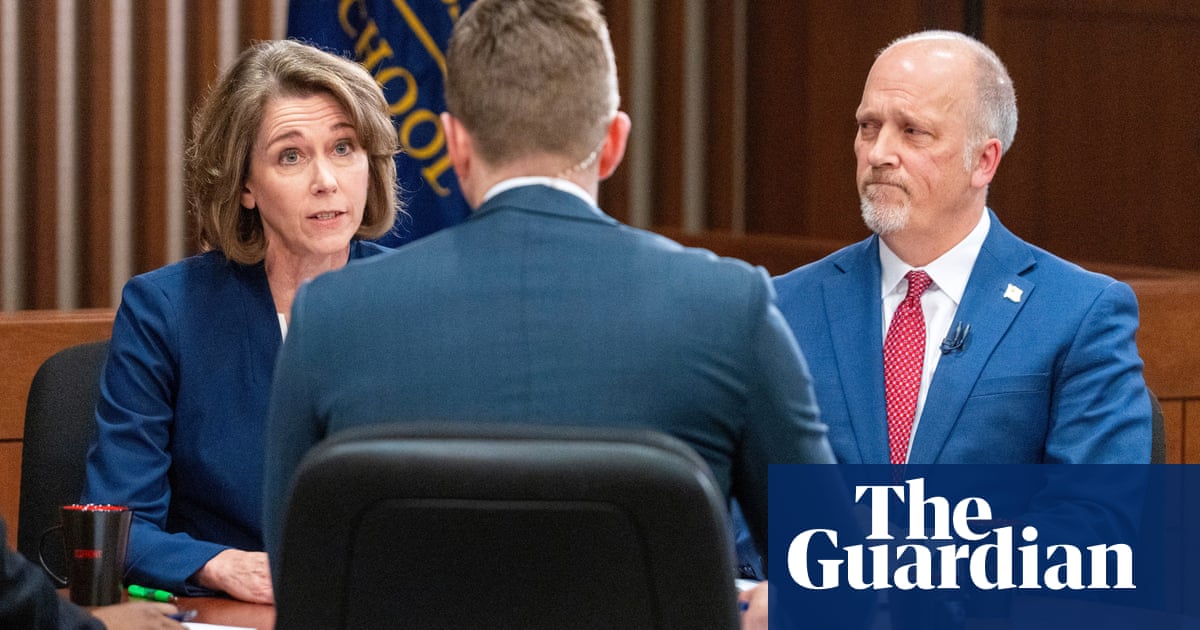
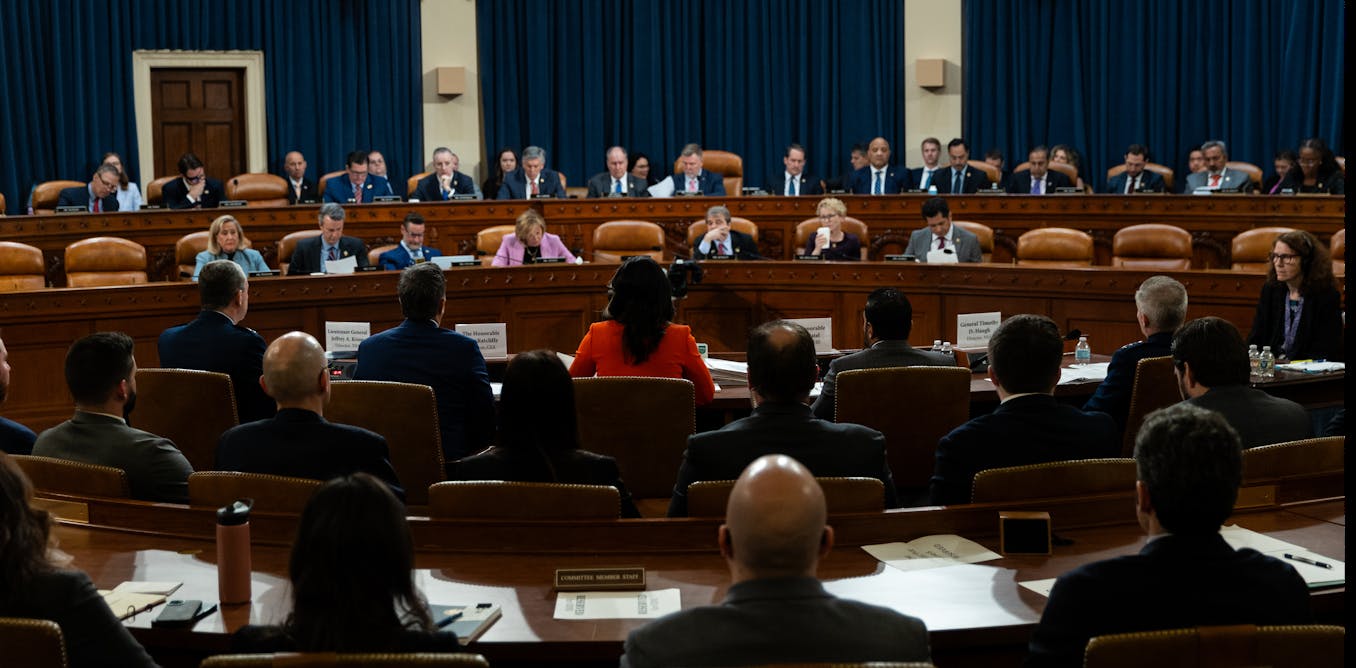

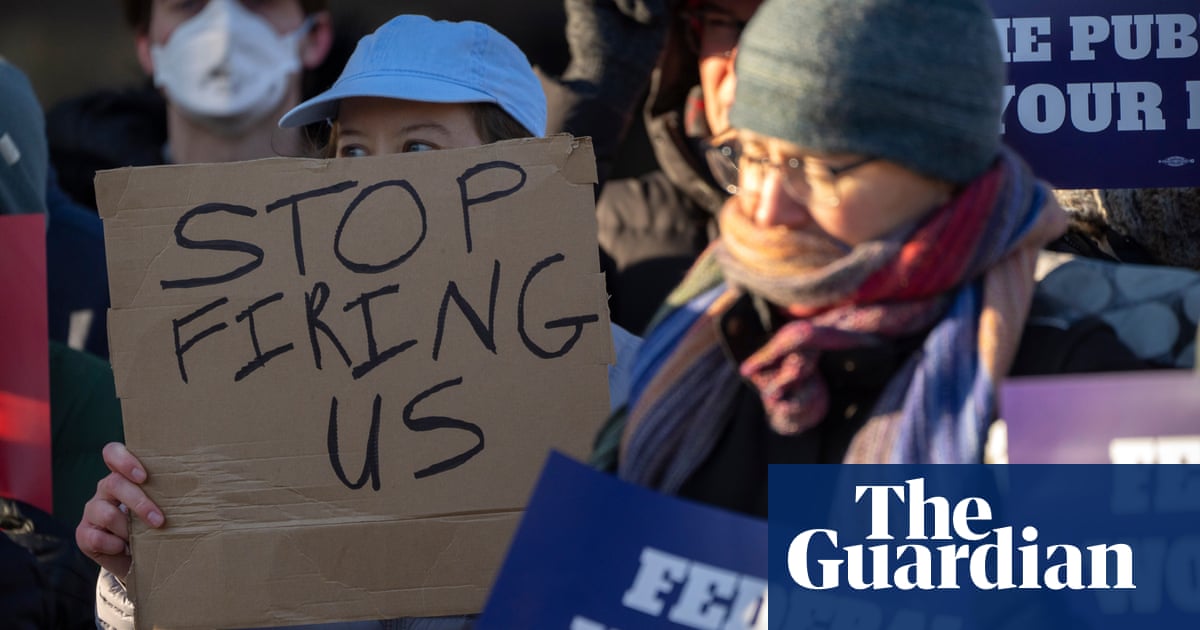

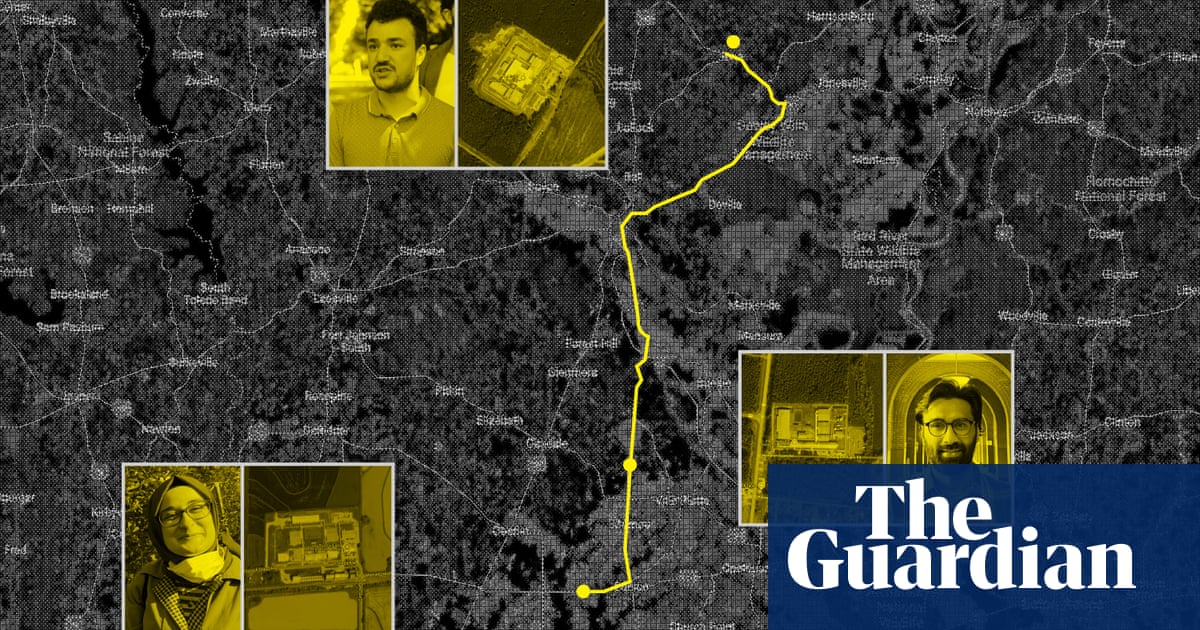

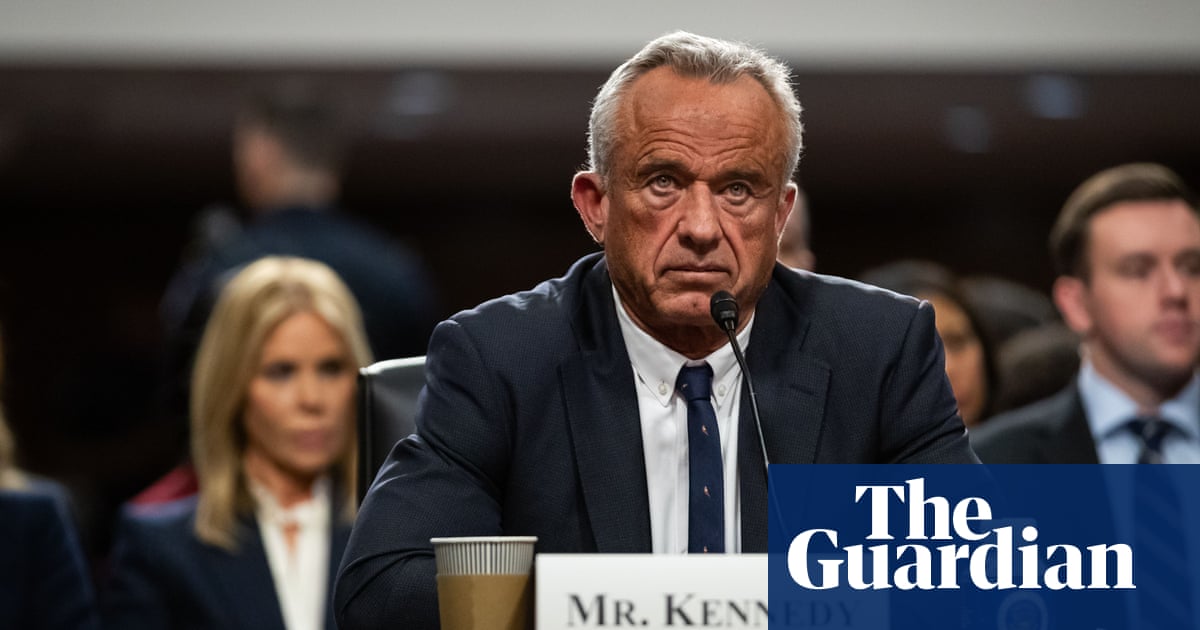







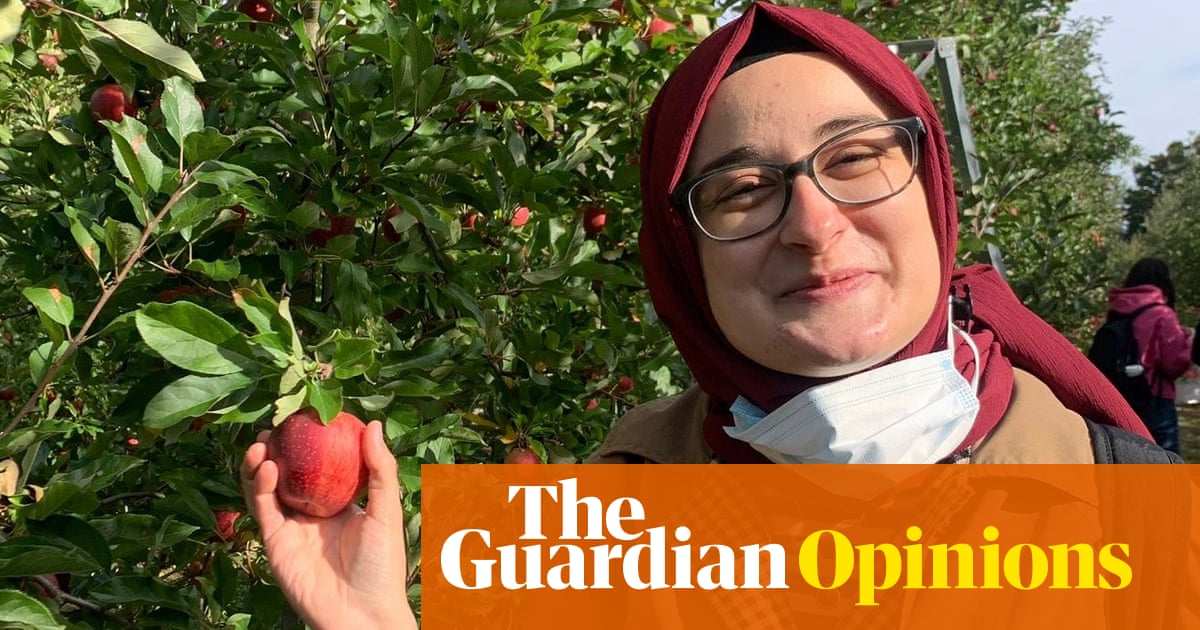




Comments